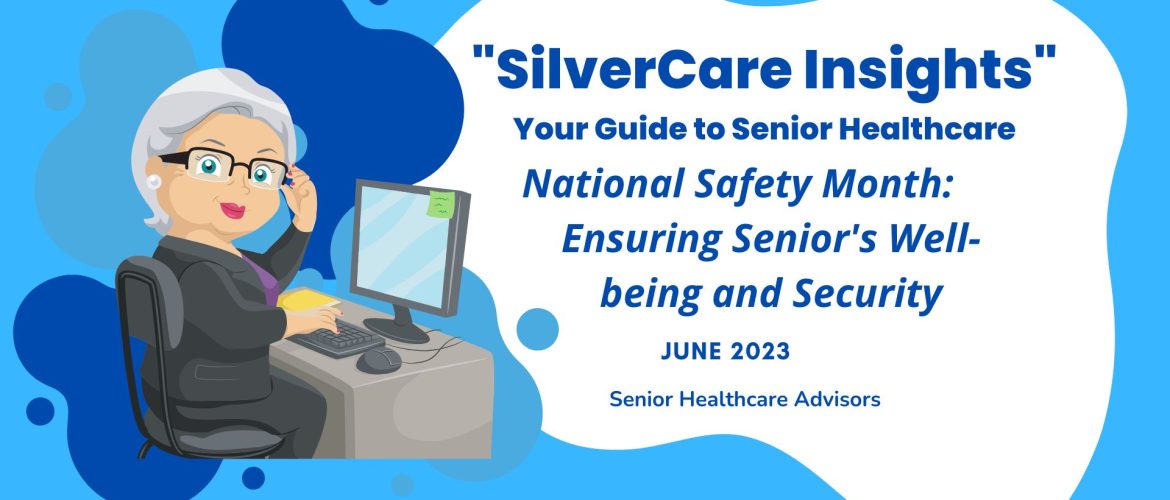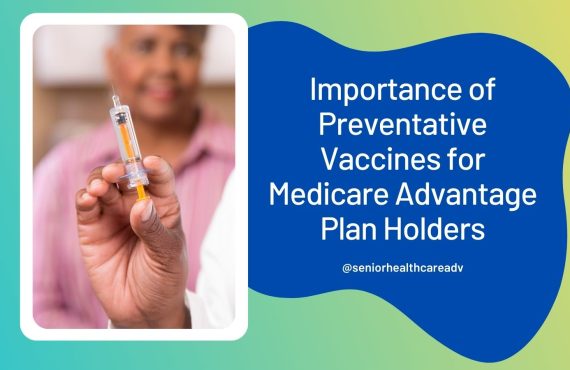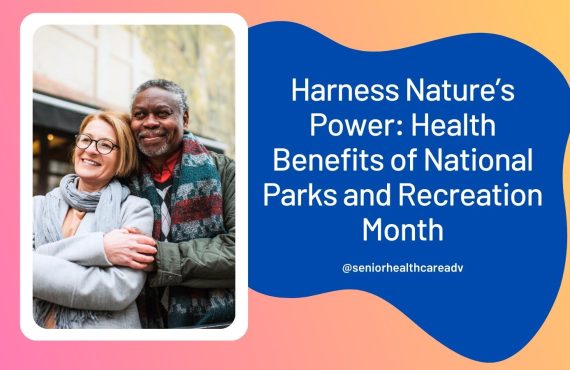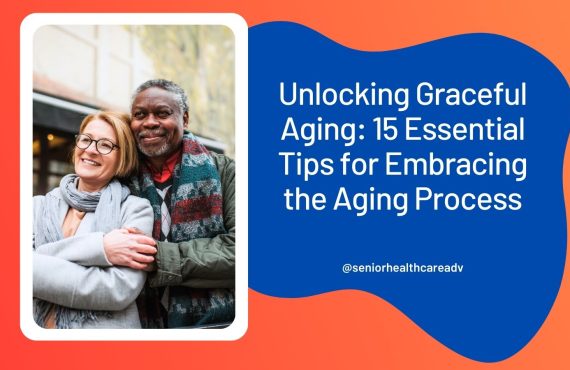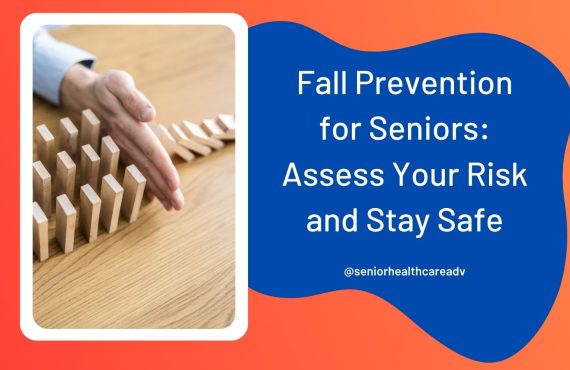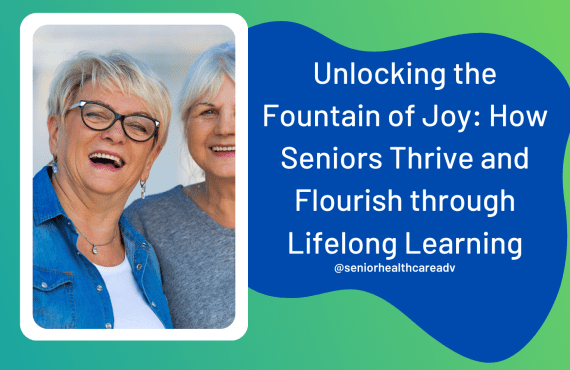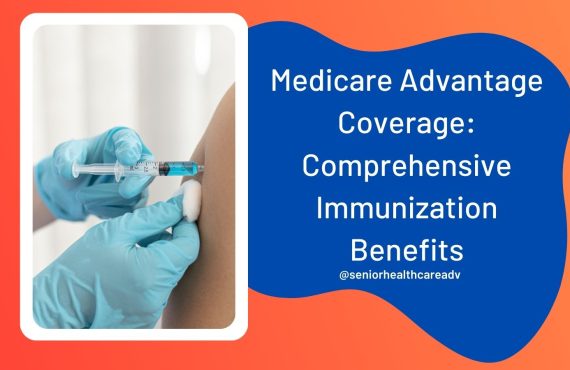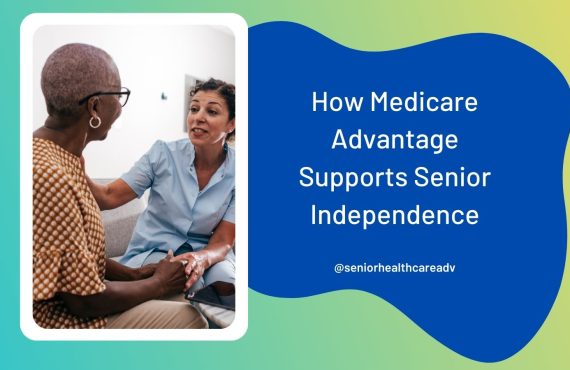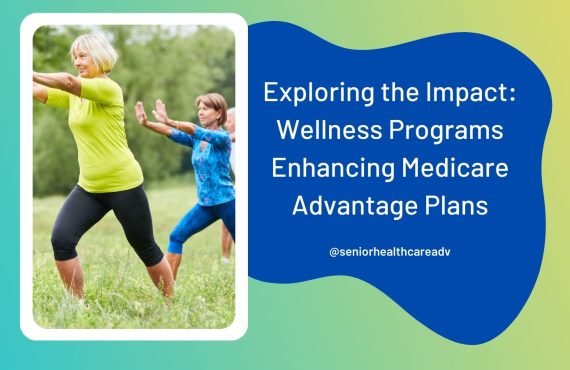National Safety Month: Ensuring Senior's Well-being and Security
Unbreakable Spirits: Seniors Rocking A Safety Life
The Importance of Wearing Helmets While Riding Bikes
Benefits of Senior Bike Riding
- It is a low-impact, low-stress exercise
- Cycling for seniors and weight loss
- Cycling is great for your heart
- It is also great for memory
- Good way to reduce the risk of cancer
- Riding is a great way to exercise with fellow seniors
- Cycling is good for your sex life
- Great for body strength
- Cycling will help you live longer
- Cycling is fun
“Helmets reduce the risk of head injury by 48%, traumatic brain injury by 53%, facial injury by 23%, and fatal injury by 34%”, according to The American College of Surgeons.
Tips for Safe Senior Bicycle Riding
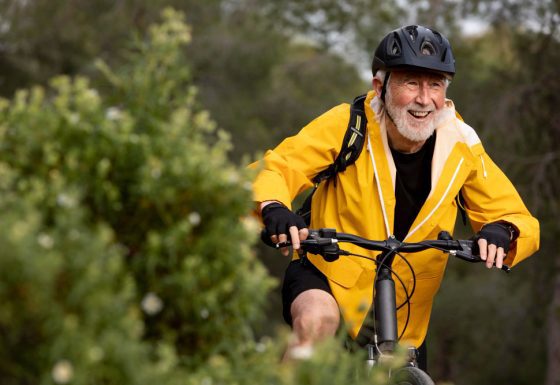
The most important piece of equipment for cycling is your helmet. Never try to ride without it. Knee and elbow pads are also important to reduce body damage in case of a fall. If you cycle in poor weather or after dark, your bike should have reflective strips and you should have a reflective jacket.
- Prepare: Taking time to prepare for your ride is extremely important.
- Elbow and knee pads are very important when it comes to reducing injuries.
- Make sure the brakes on your bike are working correctly. Check your gears and chains too.
- Invest in reflective strips and a reflective jacket.
- Take a look at your route, such as how much traffic there is on the route you plan to take. If there is too much traffic, consider taking another route.
- Remember, your reflexes are not what they used to be. Your reaction times may have slowed down a bit.
- Ride at a speed that allows you to avoid any obstacles
- Don’t worry about catching or keeping up if you are riding with a younger crowd. The faster you ride the higher chance of having an accident, even if it hurts your ego. Ride at a comfortable pace.
- NEVER ride your bike with earbuds in!
- Learn proper hand signals. They can save your life. Before you make any turn, stop, look to your left and right, and then do it again to make sure there is no oncoming traffic.
- When stopping, stop far off from the road. Cars have run over bikers who are not far enough off the road.
- Ride with a companion
Summary
There are some safety concerns for seniors who enjoy cycling, but they shouldn’t deter you. As long as you follow the safety precautions mentioned in this article and you wear your helmet you will be safe!
Tips for Staying Safe at Home by Avoiding Common Hazards
Mobility and Accessibility
Natural Disasters and Fire Safety
Natural events are catastrophic for anyone including fires and natural disasters. It is important to have all of your plans in place. If you have limited mobility and do not drive, special alarms and communication devices should be nearby.
How to Make Home a Safe Place for Seniors
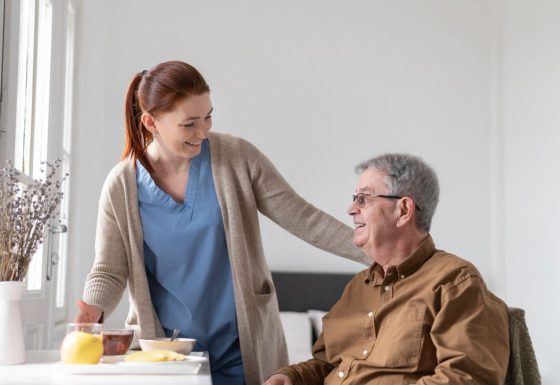
Remove Hazards: Before you add anything to your home, check around for any items that need to be stabilized or removed.
Bathroom safety is of the greatest importance. Install safety and accessibility equipment where needed. Buy non-slip strips for showers and bathtubs, and add grab bars or grips by toilets and showers for extra stability. If possible, you may want to replace your toilet with a raised seat. Make sure to add a non-slip shower chair if you need to. Make sure it has a waterproof seat. Also, use a removable handheld shower head.
Other safety tips:
- Test your smoke detectors regularly and change their batteries as recommended twice yearly.
- Don’t wear loose sleeves while around the stove or cooking, which can be a fire hazard.
- Wear non-slip footwear while inside.
- Purchase step stools, grabbers, and any other portable assistive devices.
- Seniors should, if possible, sleep on the ground floor. That way you have an easy exit if necessary.
Safety Communities and Their Role in Creating Secure Environments

Senior communities have home safety features like:
- Grip bars inside and outside of bathtubs, showers and toilets
- No trip hazards and objects that could be bumped into
- Raised toilets
- Bright lights and windows to illuminate paths
- Slip-resistant flooring
- Safety locks to places like pools and spas
- Electric controls with wheelchair access
The Importance of Regular Check-Ups to Maintain Overall Wellbeing
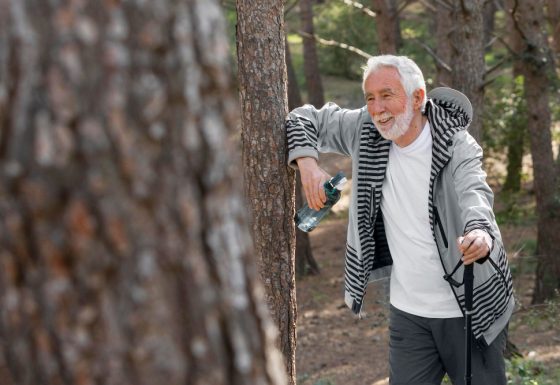
Preventative Measures to Accidents and Illnesses for Seniors
Prioritizing Men's Health and Wellness
This year, Father’s Day can be an important reminder of how valuable self-care is. Practicing self-care is an important part for men to keep in their health and wellness toolbox so that they can be better spouses, better fathers, and even better bosses. Read our article on Honoring Fathers: Their Healthcare Needs.

